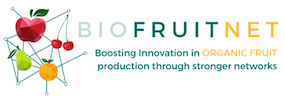Visit to the Durette Farm: “Developing the agricultural systems of tomorrow”
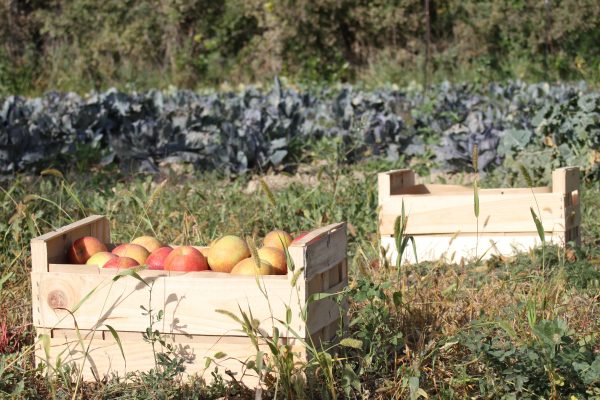
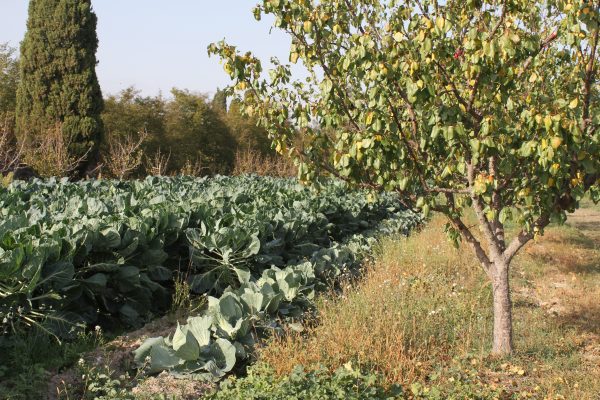
Developing the agricultural systems of tomorrow. this is the objective of the “La Durette” project, located in the green belt with the same name. It is part of the GRAB 2020 strategic plan and brings together several partners with complementary skills to develop the new innovative agricultural systems that must respond in a forward-looking manner to better management of:
- Soil
- Water
- Landscapes
- Energy
- Preservation of know-how.
The aim of the Durette project is to experiment with a complete Mediterranean agroecological agricultural system, respond to the new environmental and socio-economic challenges and enhance the value of the Avignon peri-urban area.
The project works with biodiversity as a driver of a resilient Mediterranean farming system and builds on the pillars of Mediterranean agriculture, arboriculture, horticulture and viticulture (table grapes).
The project is based on 4 linked areas of activity:
- The Mediterranean agro-ecological farming system will be a field of experimental research.
- The ecological agricultural production will innovate following the principles of agroforestry.
- The Mediterranean agro-ecological farm will serve as a training ground for producers and students.
- The site will present demonstration activities to disseminate innovations to researchers, farmers and the public in the setor.
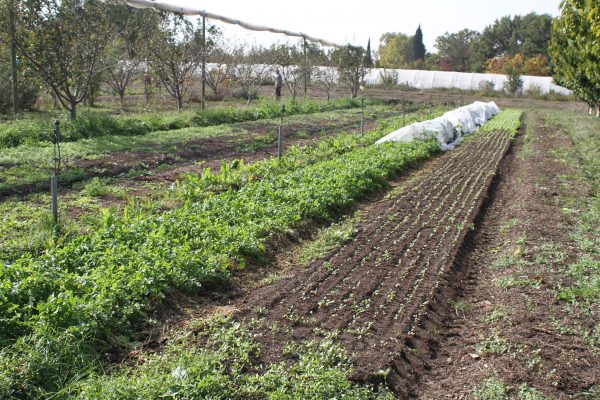
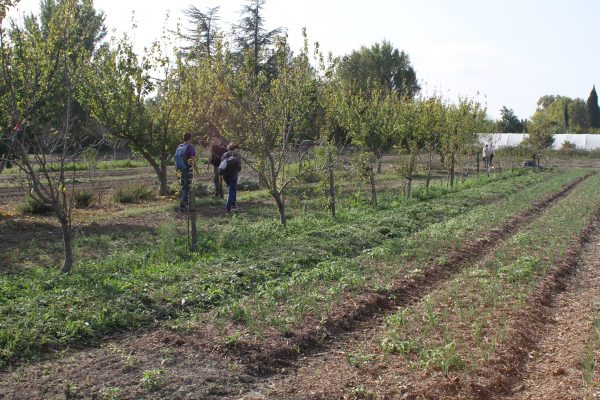
These four poles allow:
- The validation of working hypotheses on the crops in place and their various associations on the scale of the whole system by the scientific partners.
- The association of arboriculture, market gardening, viticulture and small livestock. Economic profitability will remain a major factor in the technical choices.
- Accompanying producers in setting up or converting to new production methods.
- Presenting the results of the research to as many people as possible.
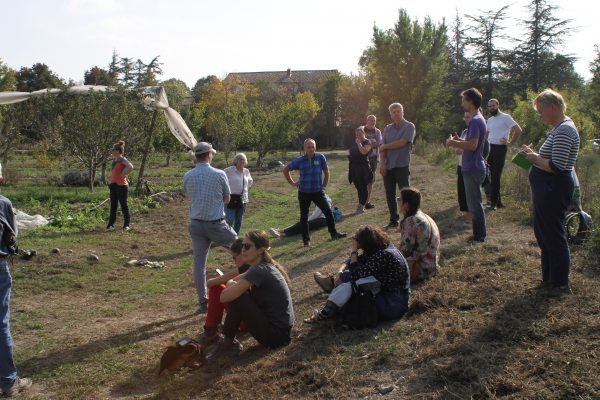
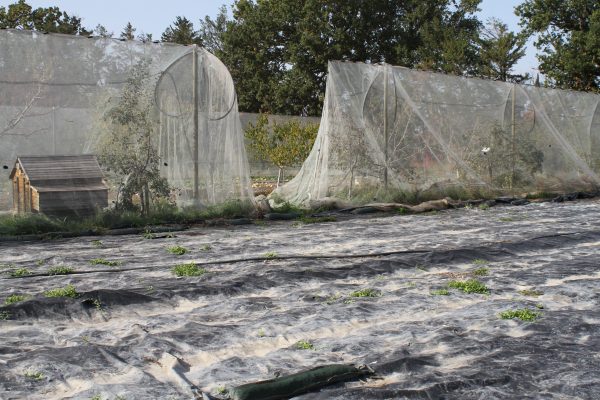
La Durette is an ambitious project that is developing and growing by gradually integrating new activities, allowing to respond to the needs of producers and the challenges they face.
During the visit, the attendees were able to learn about the activities carried out by the project and the results obtained, both from the point of view of agro-ecosystem management and from the environmental and socio-economic point of view. A sustainable project to be taken as a reference.
